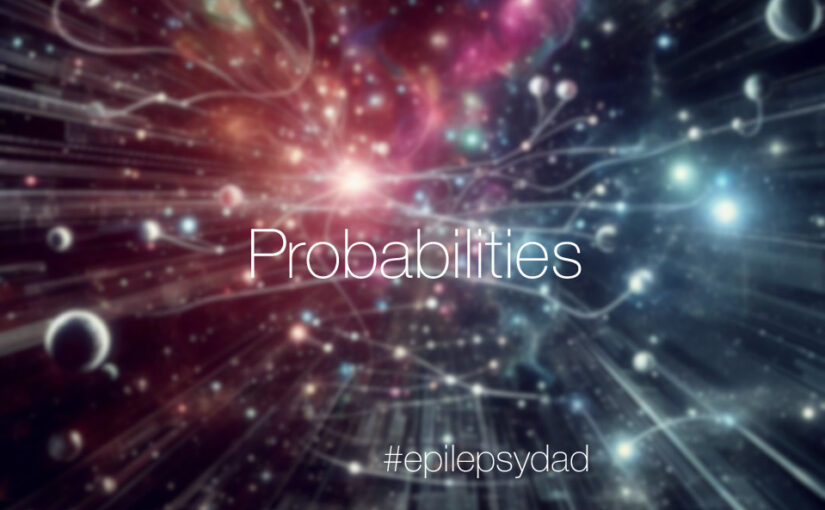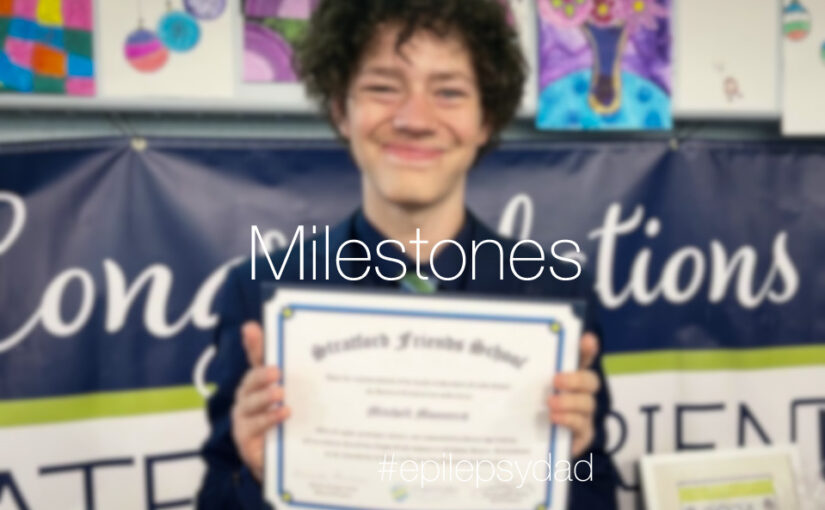I spend a lot of time thinking about probabilities. Usually, it’s for my day job in artificial intelligence, data science, and analytics. Predictions abound in that world as we figure out the likelihood that something will occur and make a decision based on that likelihood.
Guided and confined to a business context, the probabilities are mostly numbers I can understand and that are useful for the business to take action on. The other day, I was thinking about my son’s upcoming surgery, and my mind wandered through all of the events that had to happen to get us there.
The material was drawn from the earth to manufacture the instrument and the tools to perform the surgery.
The elements that made up that material had to be captured and combined to form a planet capable of creating life.
A boy on that planet had to grow up to be a neurosurgeon to do the surgery.
A girl on that planet had to grow up to be a neurologist who saved our son and recommended the surgery.
My wife and I had to be born, live more than thirty years of our lives, find each other, get married, and create a life.
Thousands of generations before us had to be born, meet, and multiply.
A gene had to be passed down through those generations, evolve, and mutate to cause the seizures in our son.
The cosmic material that formed the genes and the elements had to be forged in the heart of stars over billions of years and make their way to this part of the universe, on this planet, and in these people.
At any point, a variation could have changed the course of the billions of years of possibilities and choices that led to each successive moment. But all of those possible points of diversion led to this path, to this universe, to this planet, to these people, to my wife, to our son, and his condition.
Maybe there’s a version of our family without epilepsy in another universe. But there are also infinite versions of me without this family. With the unfathomable probabilities against existing in this moment and with this family, I am exactly where I am supposed to be.


